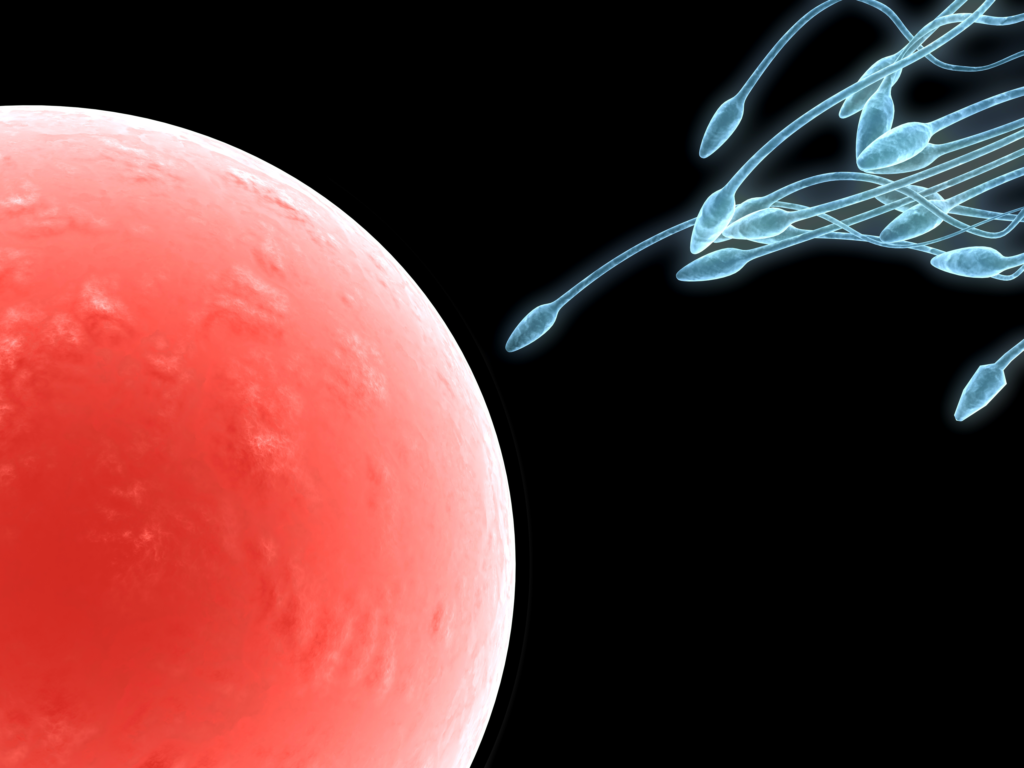Intrauterine insemination (IUI)
Intrauterine (artificial) insemination is a technique that is used in the treatment of infertility in couples. In this procedure, a sample treated sperm is injected directly into the uterus of women. This shortens the time in which the sperm travel toward the egg and overrides potential barriers. Ideally, in this way is achieved pregnancy in cases where it was not possible earlier. Intrauterine insemination (IUI), in which the sperm sample is injected in the uterus is the most common form of artificial insemination. Although the pregnancy rate in couples who underwent the artificial insemination is not as high as in some advanced techniques, this procedure has a big advantage - it is a simple procedure with few side effects. For this reason, doctors recommend it as a starting procedure in the treatment of infertility. Insemination depending on the indications can be carried out in a spontaneous and induced ovulatory cycle.

Indications for the application are:
- Idiopathic and immune sub fertility (reduced ability to fertilization)
- cervical factors
- Endometriosis outside the fallopian tube
- male sub fertility
The conditions that are necessary to do insemination:
- At least one of tubal patency
- A good ovarian reserve
- Normospermia or oligoastenospermia
Also, it is necessary that sperm motility is regular. For insemination can be used partner sperm (AIH-homologue of artificial insemination) or donor (AID), or a mixture of partner sperm and sperm donor (AIM).
AIH is applied in pairs when male partner was diagnosed with:
- Ejaculatory dysfunction or male sub fertility
- Immune factor
- Cervical factor or endometriosis, which are not affected fallopian tubes
AID is applied when male partner was diagnosed with:
- Azoospermia (lack of sperm)
- Heavy Oligoasthenoteratozoospermia or a genetic disease
The effectiveness of this method ranges between 12-15%.






